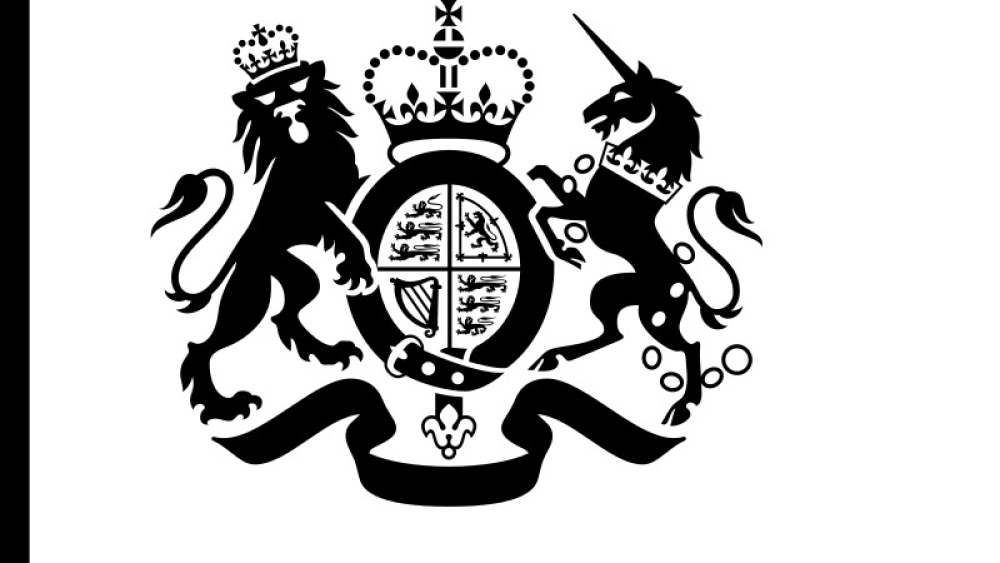CMR awards £850,000 fine to National Advice Clinic
02 Dec 2015

The Claims Management Regulator (CMR) has handed out its largest-ever fine of £850,000 to the National Advice Clinic for making some six million nuisance calls, resulting in 2,000 complaints between December 2014 and Aoril 2015
The National Advice Clinic, which is based in Lancashire, also trades as the Industrial Hearing Clinic or the Central Compensation Office. The company made some six million calls between October 2014 and April 2015 about noise induced hearing loss claims.
Many of those called were registered on the Telephone Preference Service (TPS) – the official no-call list. Almost 2000 complaints were made as a result.
The CMR regulates those companies that offer claim compensation services. The government changed the law in December 2014 to give the CMR the power to impose financial penalties on companies who break the rules. This is the fourth and biggest fine issued so far, bringing the total collected to £1.6 million.
CMR head Kevin Rousell, said: "This company’s cold-calling campaign was deliberate and sustained, and a flagrant breach of our marketing requirements.
"They showed an alarming disregard for the misery their tactics can cause, particularly to elderly and vulnerable people.
"The size of this penalty demonstrates how seriously we take this issue - nuisance calls will not be tolerated," he said.
Since 2010 the regulator has removed the licences from more than a thousand claims management companies, 300 in last year. The fine comes six weeks after the CMR issued a £570,000 penalty to Rock Law Limited for rogue practices.
Justice Minister Lord Faulks said: "Nuisance calls are a real scourge to households, and people have simply had enough.I am pleased the regulator has imposed such a substantial fine for such blatant and shocking behaviour. This follows other large fines and the removal of over a thousand licenses from claims management companies since 2010. The government is committed to protecting the public from this nuisance - that at best wastes people’s time and at worst causes significant distress," he said.
The government has made some moves to reduce the impact of rogue firms by:
- Banning ‘referral fees’ paid between lawyers, insurers, claims firms and others for profitable claims – which have driven the growth of compensation culture.
- Banning claims management companies from offering cash incentives or gifts to people who bring them claims. ‘Recommend a friend’ deals also banned, along with contracts agreed only over the phone.
- Changing the law so that regulated claims companies which breach rules around cold-calling and client service will be liable for fines of hundreds of thousands of pounds (as well as the existing sanctions of being suspended or closed down).

1.png)


Please login to comment.
Comments